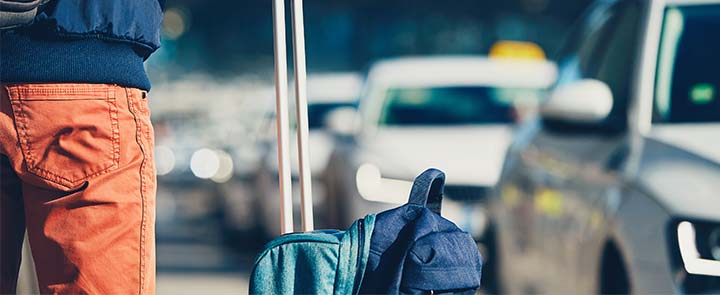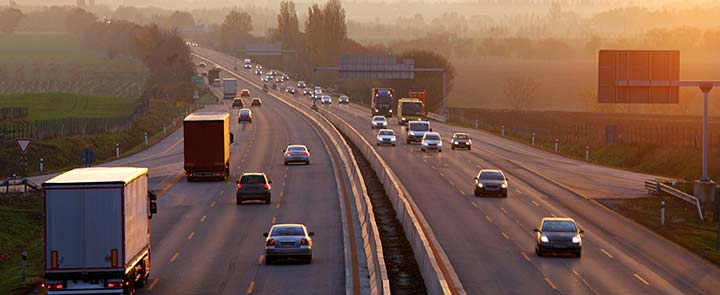
Driving in New Zealand
Driving around New Zealand is a great way to see the country. Traffic is generally light, the people are friendly and the scenery is spectacular. Brush up on the main rules of the road with our handy guide and you’ll be all set to enjoy a wonderful holiday.
Key rules, regulations and things to know:
- Drive on the left. And park on the left, too, so that you’re not facing traffic.
- Don’t drink and drive. Legal limits are strictly enforced and penalties are harsh. It’s best to avoid alcohol completely if you’re driving.
- You must come to a complete stop at a STOP sign. If cars are coming, you must give way to them.
- You don’t have to come to a complete stop at a GIVE WAY sign if the coast is clear. But you do have to slow down, check for oncoming traffic and prepare to stop before you proceed.
- Special give way rules apply at intersections when one vehicle will cross the path of another, or where two vehicles are waiting on STOP or GIVE WAY signs or where there are no signs. In these cases, if you’re turning, you need to give way to all vehicles that are going straight through the intersection. In all other situations, give way to vehicles that are going straight or are coming from your right.
- You can’t turn left on a red light. No exceptions.
- If the centre line on your side of the road is yellow and unbroken, you can’t overtake. It’s illegal (and usually dangerous) to do so.
- Don’t beep your horn unless you’re warning other drivers of imminent danger.
- Seat belts must be worn by the driver and all passengers at all times. And if you’re travelling with a baby or young child, make sure they’re travelling in an approved car or booster seat.
- Speeds and distances on road signs appear in kilometres. Not miles.
- Allow more time than you think you need to complete your journey. Although distances may seem relatively small, many roads can be unsealed, narrower than what you’re used to and cover hilly terrain.
- Watch out for animals on the road. Wildlife and farm animals are known to cross roadways throughout the country. If you see them, wait for them to pass. And don’t sound your horn, as it may startle them.
- Winter conditions can be harsh, particularly in mountain areas. Your rental company will usually be able to provide snow chains with your vehicle. Do ask for them if necessary and make sure you know how to use them.
More information
Official government website. Contains the full New Zealand Road Code (road rules) as well as information designed especially for tourists.
Don’t forget your excess cover
Don’t get stuck with paying high excess charges if your hire car gets stolen or damaged. Protect yourself before you head to New Zealand with hire car excess insurance from insurance4carhire.
Do you need to make a claim?
If you’ve suffered damage to or loss of your hire vehicle due to theft, and you’ve purchased an insurance4carhire hire car excess insurance policy, we’re ready to help.
Related Guides

A Guide to Car Hire Costs
We like to think our car excess insurance is nice and straightforward. Your car rental agreement, however, might not be so easy to understand. With this in mind, we’ve put together a guide to car hire costs.

A Guide to Car Hire from the Airport
There are thousands of car rental desks across airports round the world, competing against each other in small spaces. In this guide, we’ll explore whether it could be more beneficial to leave the airport before hiring a car for your trip.

Top Tips for Driving a Hire Car Abroad
Having a hire car on holiday could save you the hassle of sorting out transfers. Not only that, it offers you the freedom to really explore and get to grips with your holiday destination...


